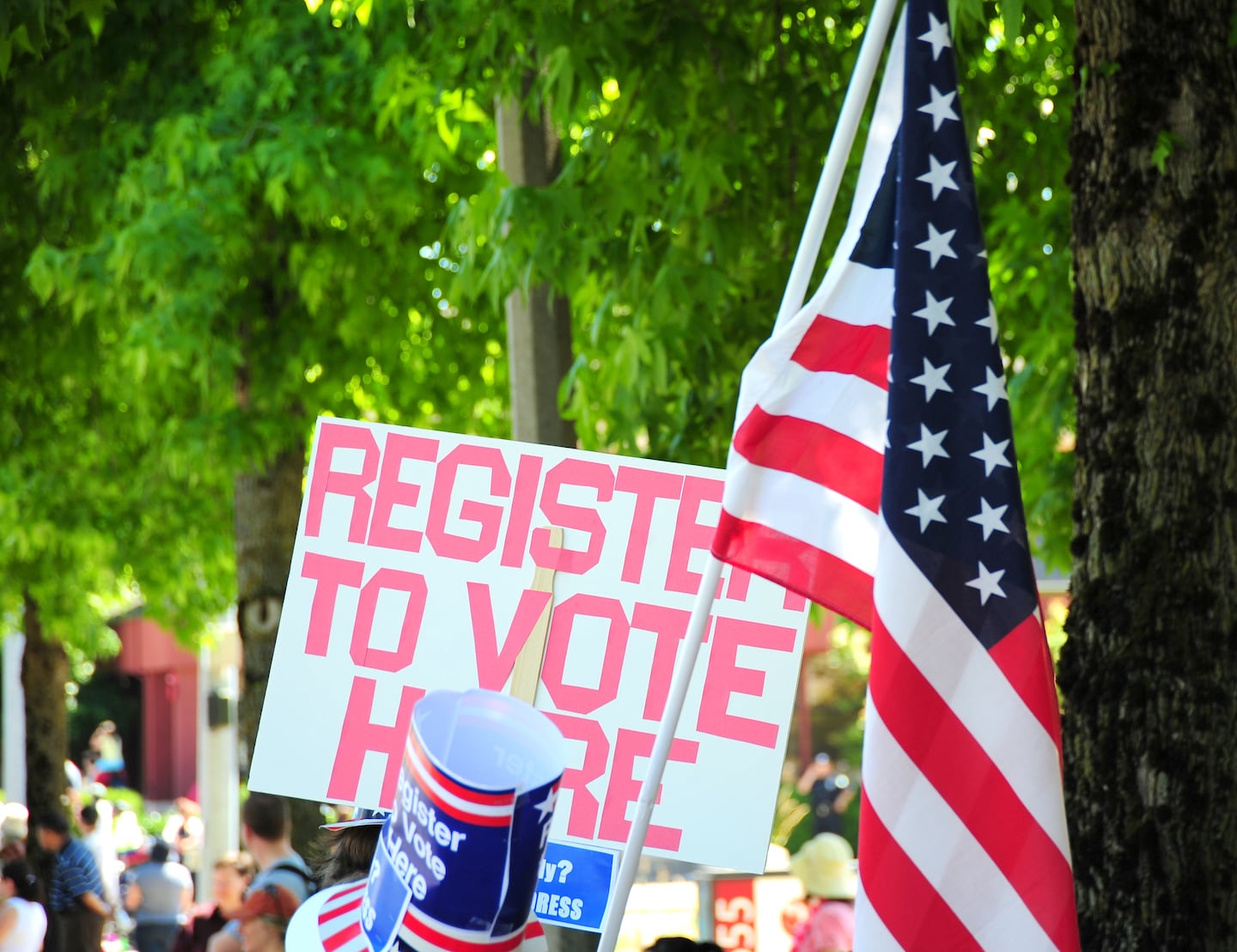What federal employees volunteering on election campaigns need to know about the Hatch Act

Karla: Even if you’re not a political junkie or living within the gravitational pull of our nation’s capital, you may have seen or heard the term “Hatch Act” more frequently in recent weeks. The law, enforced by the U.S. Office of Special Counsel, prohibits federal employees — other than the president and vice president — from taking part in certain political activities, or using their official position to influence partisan elections or advance partisan causes.
Federal employees are either “further restricted” or “less restricted” under the Hatch Act. Further restricted employees, such as federal intelligence and law enforcement officials, are under “24/7” prohibition from participating in political activities, on or off the clock. Less restricted employees — like this week’s reader — have more freedoms in general, but navigating the rules can be tricky, and violating them can mean losing your job.
Ana Galindo-Marrone, chief of the Hatch Act Unit at the Office of Special Counsel since 2000, says inquiry into Hatch Act rules “typically ramps up around this time of year” around volunteering, canvassing, attending rallies and other election-related activities. This year, Galindo-Marrone’s office has fielded an increased number of inquiries from younger workers looking to volunteer as election judges to replace older volunteers wary of exposure to the novel coronavirus. Because so many federal employees are working remotely during the pandemic, Galindo-Marrone’s office has also had to clarify how the Hatch Act applies to telecommuting. Even if you’re not physically at your federal workplace, you are still on duty during work hours. The office has also issued guidance on expressing support for or opposition to issue-advocacy groups such as Black Lives Matter, which, the office says, is not a partisan political group, so it’s not subject to Hatch Act restrictions. However, your agency may have its own rules about issue advocacy at work.
Social media interactions are a hot topic. “We have found plenty of memes and retweets that some might have found to be funny, but that still constitute political activity” and should not be forwarded or distributed by federal employees on duty or in a federal building, said Galindo-Marrone. “It doesn’t have to be campaign material to constitute political activity.”
So what about texting voters for a political campaign on your own time, using your own phone? As a less restricted employee, Galindo-Marrone said, you are probably in the clear under the Hatch Act as long as you are:
- not on duty.
- not in a federal building, whether or not you are on duty.
- not using a government vehicle.
- not volunteering in your official capacity or wearing a uniform or insignia indicating your official title and position, but appearing in your personal capacity.
- not soliciting, accepting or receiving political contributions or engaging in fundraising.
But remember, that’s only under the Hatch Act. Galindo-Marrone cautions that your agency may have stricter policies that you still have to follow. For example, the Hatch Act has not yet been updated to address smartphones and other personal devices. But your agency probably has detailed restrictions and policies you need to adhere to, especially if you use your phone for any kind of official business.
If you’re still not certain whether you’re allowed to participate in an activity, and you’re concerned that simply raising the question with your agency’s ethics office will place you under suspicion, you can research FAQs, advisory opinions and other Hatch Act resources at www.osc.gov, or confidentially contact the Hatch Act Unit’s hotline at 800-854-2824 or hatchact@osc.gov.






